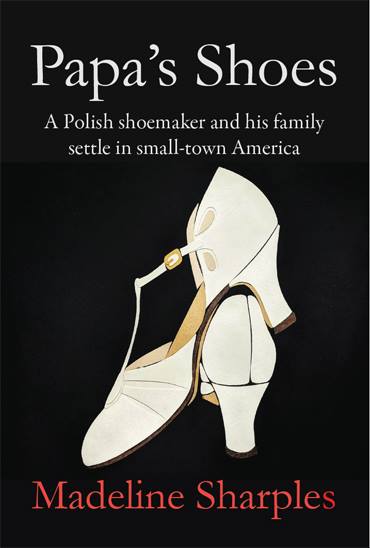How I reinvented myself from a technical writer and editor to a creative writer – and at my age
I fell in love with poetry and creative writing in grade school. I studied journalism in high school and college and wrote for the high school newspaper. I graduated from UCLA with a degree in English and had no idea what I would do professionally with it. I had wanted to work as a journalist and actually completed all the course work for a degree in journalism at the University of Wisconsin. But family illness caused me to transfer to UCLA for my senior year, and UCLA didn’t offer a BA degree in journalism.
So I was stuck in a city I didn’t know and where I hardly knew anyone, trying valiantly and unsuccessfully early on to get a writing job. Then I gave up. It was 1962. There were not a lot of jobs for women writers in those days, especially in Los Angeles.
Then someone suggested I try the growing aerospace business in southern California.
With that, I called Douglas Aircraft Company – the precursor of McDonnell Douglas and now Boeing – and asked the man who answered if he ever hired anyone with a degree in English. And he immediately said yes, come right over. After a brief interview I was hired as a technical editor, working on users’ manuals for a spacecraft project.
I’d like to say that story had a happy ending, but it didn’t. The contract was cancelled – not unusual in that business – and I was laid off after three months.
However, that job kicked off my career of almost thirty years working as a technical writer and editor and a proposal manager in the aerospace business. And since I had a reputation for being a good writer, I got some of the plum jobs – working on newsletters, websites, award applications, and even ghostwriting letters for top managers. But the writing style for any of those tasks was nothing near creative.
And believe me, helping engineers write proposals was a terrific job. I learned a lot about writing and revision while working on deadline-oriented, and super stressful proposals that I could easily apply to my creative writing projects later on. We wrote a little, we edited, we reviewed, and then we revised. And we’d repeat that sequence many times throughout a typical three-month proposal effort. I also taught proposal teams how to quickly write their text, emphasizing the importance of keeping their fingers moving until the writing is finished, then stepping away from their material for a bit before editing it. I think that advice works for all kinds of writers. If you don’t have another person’s eyes to look at it and edit it for you, leave it be for a while, make yourself a hard copy, take out a red pen, and move to another location in your house or office. It will be like having a fresh pair of eyes looking at your work.
All that is practical advice. But the actual difference in writing to address technical requirements and writing a creative story or poem or essay is harder to define.
I think the main requirement – at least for me – is that I wanted to make the transition. I never gave up on my dream. However, for the next several decades I took creative detours. I learned to draw and paint, I learned to sew, I made needlepoint pillows, I quilted and gardened. I also co-authored a non-fiction book, Blue Collar Women: Trailblazing Women Take on Men-Only Jobs – a little less technical than my work in aerospace. Anything to keep my hand in creativity, until finally I could stand it no longer.
I took a workshop called, “Writing about Our Lives” at Esalen in Big Sur, California in the late 1990s. It was there that I wrote about my misgivings about ever being able to make the transition. Here’s what I wrote: “My writing is so factual, so plain, so devoid of descriptors, feelings, and imagination.” Later I learned that was okay. Once I discovered a private instructor in Los Angeles who taught me to “write like you talk,” I knew I was on my way.
Now, I’ve embarked on a whole new writing career – writing for the Huffington Post That’s Fit and Healthy Living columns, the Naturally Savvy website as its over sixty expert, Aging Bodies, Open to Hope, and PsychAlive. I also discovered I could write poetry – it seemed to just come out of my pen during a workshop session. Since then I’ve honed my skills by participating in workshops and poetry groups, resulting in many of my poems being published. Though I write prose more than poetry – I have a published memoir and novel – poetry is my love. I always say, “Now there’s a poem.” I feel that anyone, any situation, any place is possible poem material. Writing poetry never leaves me lonely. My poetry writing has become my companion and my savior—something I can turn to any time, any place.
Little did I know that I’d become a published author, poet, and web journalist at this stage in my life. I’m definite proof that being over seventy is not too late to find opportunities to reinvent our lives.





Tweeted this! My story evolved in a different way: business partner, college prof, writer. It’s so heartening to hear/read a story like yours.
Thank you Marian. I guess there are a lot of us who did something else before finding our true calling as writers. I recently found out a retired aerospace engineering vice president is taking a class on how to write a novel.
All best to you and keep writing.